Chris Meeker and I spend a lot of time talking about Sammy Davis Jr, life, writing and promotion. He’s calling himself Christopher for this interview—but look at that face! He’s a ‘Chris,’ and he’s a writer as well as an excellent book promoter. “Hawthorne” is his first release and I like it…. I like it a lot. I like Chris a lot too so read this here interview and enjoy!
*****
In true pulp fiction form, HAWTHORNE is the two-fisted tale of Edgar J. Hawthorne who, in the summer of 1835, sets out on a journey to investigate claims of a fantastic discovery made by the Royal Observatory at the Cape of Good Hope, South Africa.
Traveling with the Royal Air Brigade on the H.M.A. Stratos, England’s newest airship, Edgar and the crew are attacked by marauders. Badly damaged and in need of repair, the Stratos is forced down into the jungles of Africa.
With their airship disabled, Edgar, the first officer, and a portion of the crew, set out to locate provisions. In the attempt, Edgar discovers the truth concerning the downing of the Stratos and unearths an astounding secret.
Finding himself thrust into the midst of a conflict that has raged for centuries, Edgar, with the aid of an unlikely ally, must do the impossible: prevent humanity’s extinction.
*****
How would you describe your book, its genre?
I think I would describe HAWTHORNE as a pulp fiction, two-fisted steampunk action-adventure story. Think Doc Savage plus Indiana Jones in a Victorian era science-fiction setting.
How long have you been writing? How long did it take to write your book? And what motivated you to write it?
I have written off and on since I was about twelve or thirteen but started writing seriously around two-thousand six.
It took me almost two years to complete HAWTHORNE.
Is it a stand-alone novel or part of a series? If it’s part of a series, how did you decide to make it a series? How long will the series run?
Definitely part of a series. The story is just too big for one book. Edgar’s (the protagonist) history and the history surrounding him is pretty far-reaching and expansive. It’s just too much to put in one book–that’s why I decided on doing a series. The series is planned to spread across four or maybe even five books with an independently produced web series and motion picture.
Who are your main characters in the story and how would you describe them?
My main character is Edgar J. Hawthorne, a proper young English gentleman: athletic, affluent, and adventurous.
Is there any symbolism in your book that you’d care to share with potential readers?
Yes, I think there is some symbolism in the book, more toward the end than the beginning. I also think that a good deal of it is open to interpretation, as well. I think one reader might interpret something one way while another reader interprets the same passage in a completely different manner. Some will probably even find interpretations that even I didn’t notice were there.
Do any of the characters resemble you? How about friends or relatives?
I think all of the characters share some commonalities with me, or at least I tried to put a little bit of myself into each one. As far as friends and relatives, I made an active effort to avoid any similarities.
What is the worst thing reviewers or critics have said about your book?
So far I haven’t received any negative feedback about the book, but I’m sure that will change with time. I just hope I’m mature enough to handle it when it comes. Nah, who am I kidding? I’m going to throw myself on the floor and have a conniption fit like every other author who receives a negative review.
What is the best thing reviewers or critics have said about your book?
I think the best thing that was said about my book came from a reader who said they hoped there would be a sequel before they were even halfway through the book!
Have you tried submitting your book to publishers? Would you still want to work with a traditional publisher now that you have self-published?
I never submitted to a traditional publisher. I enjoy the creative process too much. I also wanted to maintain full control over my book, as well. I’ll most likely continue to self-publish in the future and near future unless someone comes along and makes me an offer I can’t refuse; however, it would have to be a fairly substantial offer.
What has been the most difficult part of your writing experience?
The most difficult thing for me was walking away from the finished product. You spend so much time writing the book, rewriting the book, editing it, re-editing it, etc. that when it’s all finished, you feel like there’s something missing inside when you realize that as far as writing, there just isn’t any more to do.
Do any of your characters have secrets you can share with our readers?
Oh, boy, ninety-nine point nine percent of my characters have deep dark secrets; however, it’s still too early in the story to give any away. I wouldn’t want to ruin it for everyone. I will say this, though: most of my characters aren’t who you think they are. I know it’s an interview no-no but “You’ll just have to read the books to find out.” (laughs)
If you were to be offered a movie deal, who would you like to see play the main characters? And why?
I’ve actually thought about this—what author hasn’t?—and I think if I were offered a movie deal, I’d want very talented lesser or unknown actors to play the main characters because I think it lends a certain “freshness” to film that you don’t get when seasoned actors play the role. Does that make sense?
Describe your writing process. Do you outline, create rough synopses, do you do detailed biographies of the characters before starting to write?
I create a rough synopsis first and then outline each chapter. I also have a general idea of what my characters are going to be like, but I also give enough creative leeway to them if they start to develop personalities of their own. It’s kind of like coaxing out my other personalities. Yeah, creepy, I know.
How much research do you do before starting to write? Where do you find most of your background materials? How do you fact check?
I tend to do a lot of research when I’m writing, but I think that has a lot to do with the fact that I enjoy it. I’d also rather over-research than under-research. I usually do all of my fact checking on-line. I make sure I’ve found at least two or three reputable sources before I determine whether or not something is factual.
What didn’t you mention in the synopsis that you can reveal here?
Probably that there is an element of mystery that runs through the entire novel.
Describe where you do your writing.
I write in a lot of different places. Sometimes my home office; my car; a fast food restaurant; wherever the mood strikes me. It’s important to let your creativity be your master. Of the places I’ve mentioned though, the majority of my writing is done in my home office.
If you had to do the experience of writing your work over, would you still write it? Would you change it? How?
Yes, I would still write it, and I’d probably make some changes here and there with plot detail, but overall I think it would remain relatively the same.
How did you choose the story you wrote?
To tell you the truth, I don’t think I chose to write this story, I think this story chose me. (laughs) It started with an idea for a steampunk noir film that I suggested to a friend of mine who is an independent filmmaker. It just sort of evolved from there. It’s no longer noir, but it remained steampunk. The story just kind of took me by the hand and led me through to its end.
How did you choose the title?
I mulled over a few different titles I had come up with and none of them seemed to work, so I just went with the old fall-back and gave it the name of the main character. I also incorporated a series title so that readers would know this is just the beginning.
How did you decide on the cover and did you design it or did you use a professional designer?
I wanted the cover to capture the essence of the story and although what I ended up with is a bit cliché, it nevertheless captured the mood and the feel of the story perfectly. I wanted readers to know what they would be getting when they picked the book up: action and adventure in a steampunk setting.
The cover art was done by a professional. A brilliant artist by the name of Paul Dolgov out of Toronto, Canada. He had done some work for me in the past, and I liked his style so much I hired him to do the cover for HAWTHORNE. I’d feel remiss if I didn’t share his info here. It’s pauldolgov.com
The layout of the title and the rest of the text for the cover and back cover blurb I did myself since I have a background in desktop publishing.
I will probably use the same process for the rest of my books as well. Why fix something that isn’t broken, right?
Can you summarize your book in 140 characters or less (Tweet size)?
Doc Savage meets Indiana Jones meets Victorian era science fiction!
Who were the authors that influenced you? What about them and their style appeals to you?
Edgar Rice Burroughs, H.G. Wells, Jules Verne, H.P. Lovecraft, Edgar Alan Poe. I love the way these authors crafted a story. They didn’t just write, they conceived. Their style is civilized and sophisticated and has remained relevant even in modern times. What’s not to like about them?
What did you learn that surprised you while writing your book? What was the most difficult part?
I was really taken aback by my inability to accurately estimate the amount of time the whole process would take. (laughs) The most difficult part was disciplining myself to sit down and write each day. It was off and on at first, but as I progressed through the book, it became almost second nature.
How much literary license do you take with your stories? Do you create fictional locations? Do you use real locations, with some fictionalizing or do you stick very close to the actual setting? Why?
For HAWTHORNE, I stayed with actual locations for the most part but fictionalized most of the technology that appears in the book for obvious reasons. In the next book in the Chronicles of the Brass Hand series, I’m going to take great literary license with just about everything.
What do you feel is the best personal quality you bring to your writing career?
I think my determination. I was going to finish this book if it killed me. And it almost did! (laughs)
What types of books do you read (if any) for entertainment?
Mostly the classics by the authors I mentioned earlier. I also enjoy Drew Karpyshyn’s work a great deal, as well. I think he’s one of the most imaginative writers in the field of fiction today.
What type of movies do you like? Who’s your favorite actor?
I like action, adventure, comedy, fantasy, sci-fi, and super-hero movies the most. As far as actors, I don’t really have a favorite although I do enjoy pretty much everything Harrison Ford does.
Tell us something about yourself that you don’t usually share with anyone but close friends?
I have seven middle names; Charles, Horace, Tabusees, Samuel, Patrick, Michael, and Rapherty
Where do you see your writing career going? Why do you think that?
To the top. Determination.
Do you have a special theme, or design that you intend to continue throughout your career as your signature item?
No, not really. Each book I write will have its own identity and they’ll be as varied and unique as the subjects I write about.
What happens next? Is there another book?
I plan on continuing my writing career well into old age. Like I said, there are at least four more HAWTHORNE books waiting in the wings as well as a dozen or so other titles I have simmering on the back burner. The future’s wide open, baby! (laughs)
What is your end goal for your writing career?
To retire in comfort.
Do you use a pen name?
No, I don’t use a pen name, just a shortened version of my real name. Hey, I put a lot of work into my writing and I want to be able to take credit for its success! Is that so wrong? (laughs)
My real name is Christopher Charles Horace Tabusees Samuel Patrick Michael Rapherty.
Connect with Chris Meeker at any of the following links:
Website: www.thehawthornebooks.com
Facebook: www.facebook.com/christopher.meeker.54
Book Link: http://www.amazon.com/dp/B00JB1DU9C
Twitter: www.twitter.com/Chris_C_Meeker
Pick up HAWTHORNE by Christopher Meeker and begin the journey. Available on Amazon!

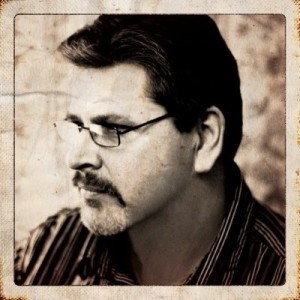
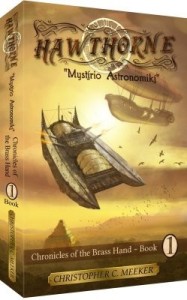
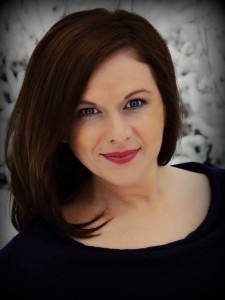
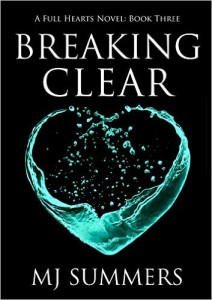


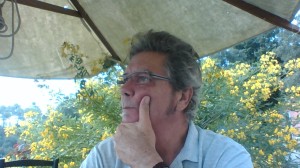
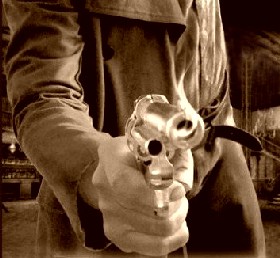
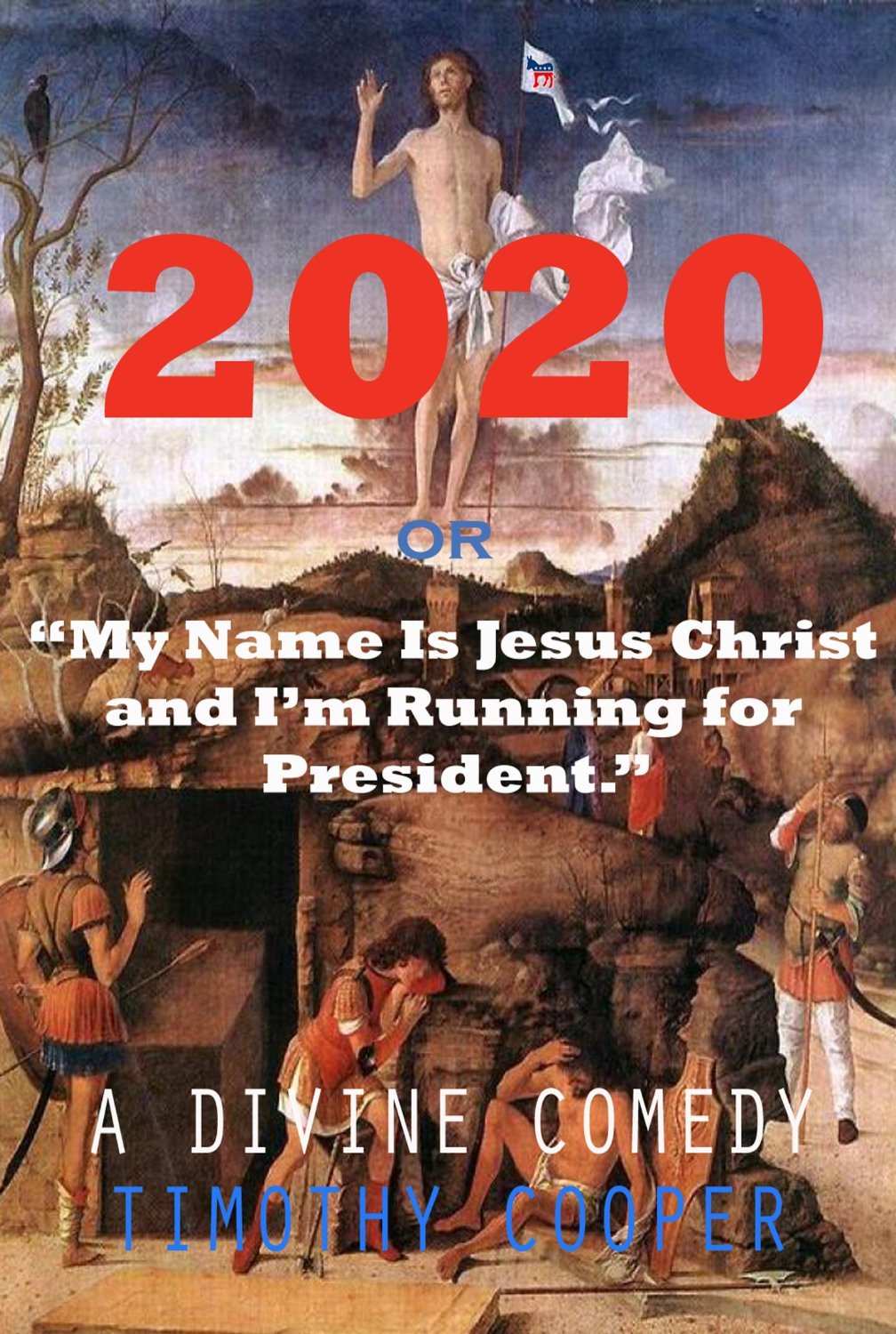
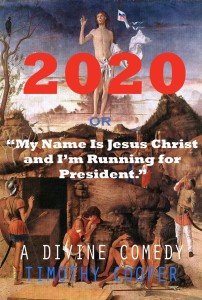

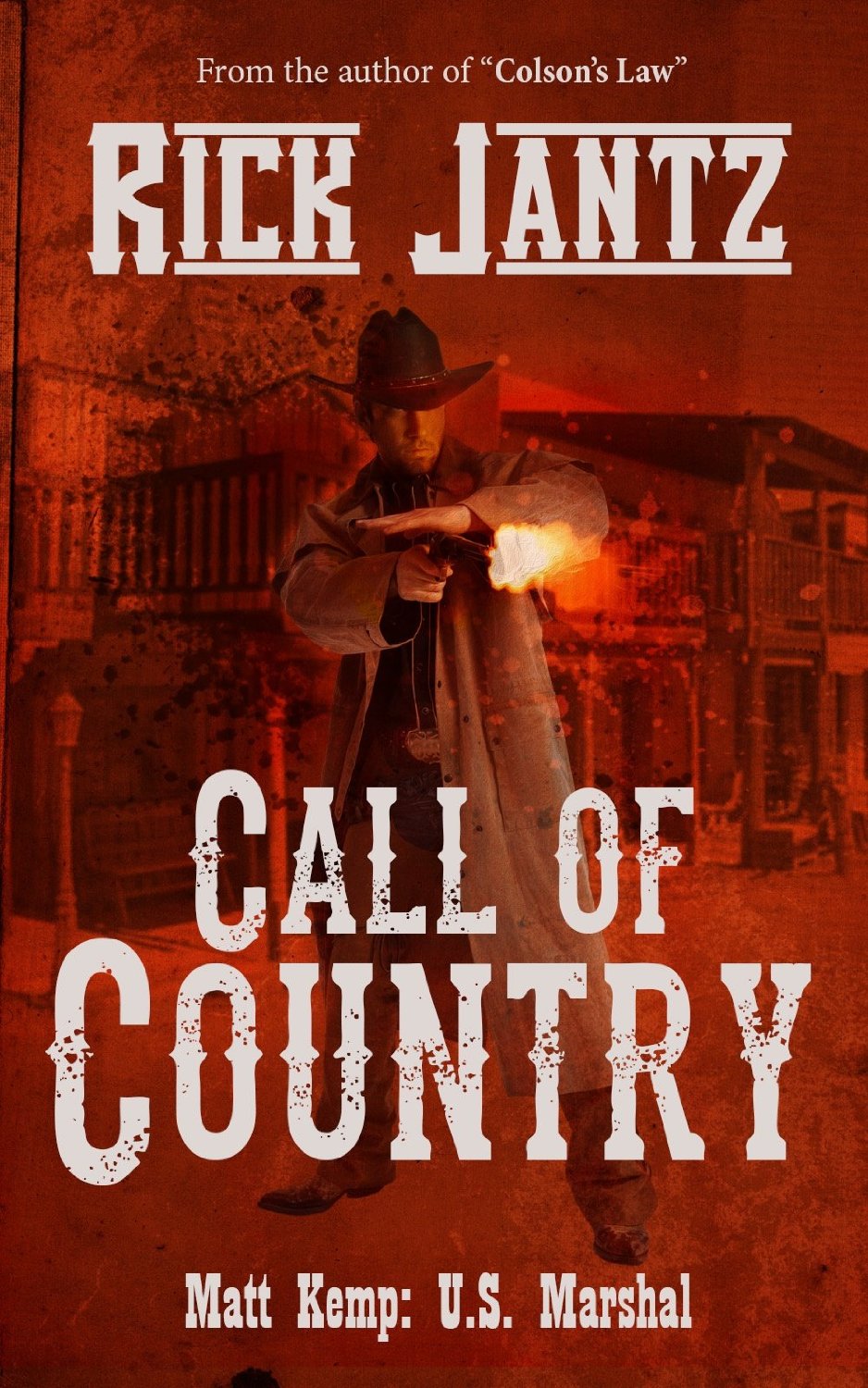

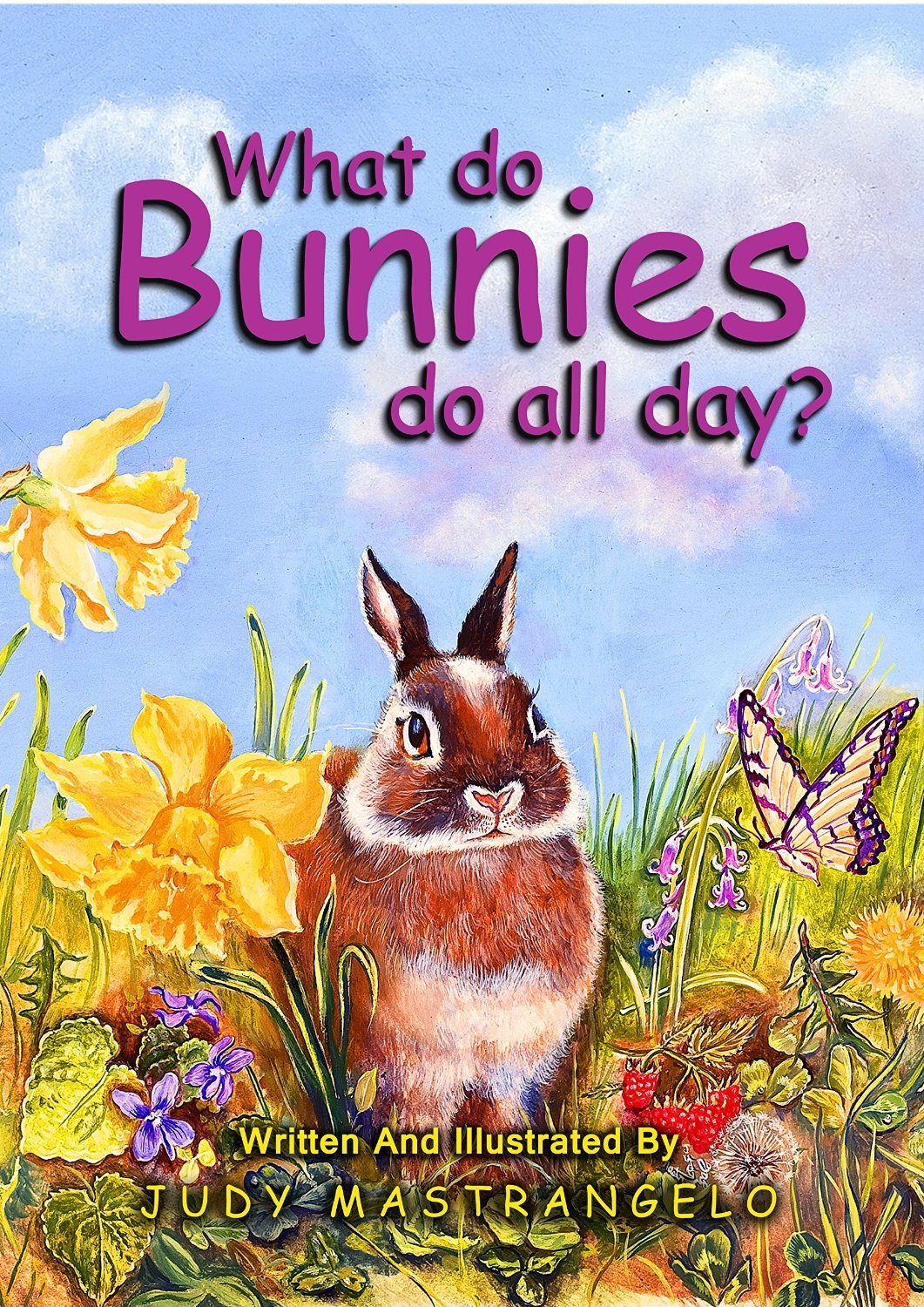
Recent Comments